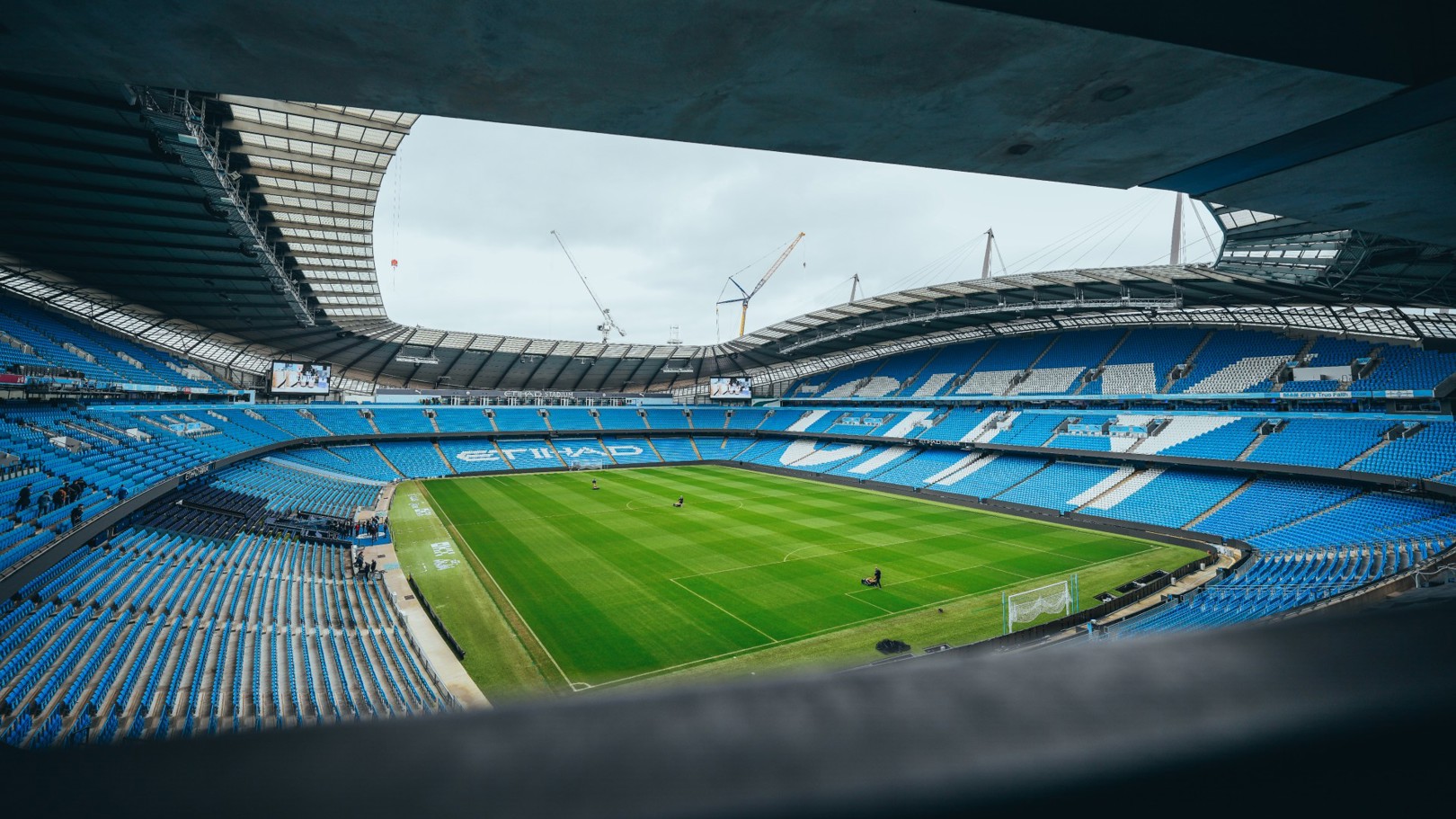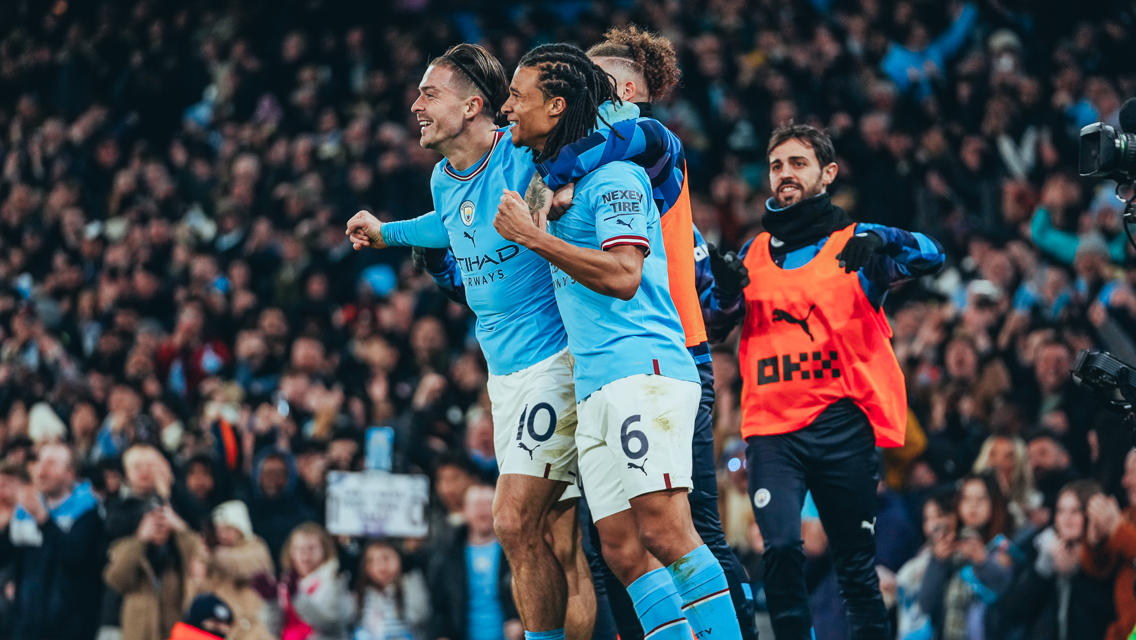To mark that moment, we spoke to Peter Horlock about his role as Club Chaplain, and how City have supported his work over the years…
There’s always been an strong link between football and faith.
For City, it can be traced back to our very beginnings, with members of St. Mark’s church in Gorton founding the Club back in 1880 before our current name was born 14 years later.
With unemployment and rates of violence high in the area at the time, the Church saw football as a means of instigating positive change to the local community.
That relationship remains just as prevalent 144 years later according to Horlock, even if its impact is felt in other ways in the present day.
“Football was a response to the socio-economic problems that were around in the late 1800s,” he explains.
“You see the faith of wanting to make a difference, that becomes a catalyst and then football is a vehicle for working that out in that sense.
“I think today we still see the faith of footballers, coaches, fans, it’s very important to what’s going on and across faiths as well.
“For many, it’s about motivation and purpose. Faith and football have always gone hand in hand, and I love the fact that it’s about what City’s culture and history is about as well.”
Having moved to Manchester in 2004, Horlock became Club chaplain at City in January 2012.
And while his own faith of course forms an important part of his role, he stresses that Club chaplaincy also has more far-reaching responsibilities.
As well as being there to discuss some of life’s big questions or any curiosities about the Christian faith, Horlock plays a key supportive role across the Club, providing a listening ear to players and staff who may seek counsel in their professional or personal lives.
Regardless of belief, it’s a space for people to chat through the challenging circumstances that we all experience during our lives such as reacting to change, tackling anxiety or stress, or coping with bereavement.
Anyone who’s had the privilege of speaking with Peter can attest to his friendly, approachable demeanour, and that’s evident when he outlines the importance of this aspect of his work.
He adds: “In any walk of life, one of my mottos from a well-known pastor has been ‘there are no small people’. Everyone has value and everyone has a place.
“Particularly at a football club like Manchester City, which values all the work that people do in different spheres, it’s important that everyone has access to support and is valued in the work they’re doing.”

Like the community it represents, City prides itself on being a multi-faith organisation, with Peter also working closely with the Club’s Muslim chaplain, Ismael Bhamji.
“Ismael was helping with some educational pieces around Ramadan,” Horlock continues.
He continues: “So it was really good to have a conversation with him and hear how he’s supported particularly Muslim players and staff in the expression of their work and how their faith impacts what they do.
“What we’ve done so far is made sure we’re in communication with each other. It’ll be fascinating to see what develops over the coming years, what that means for the Muslim players and staff and how we can understand each other’s faiths more.
“I’d also love to hear more how that faith translates in the workplace, how does it give people a strength and resource to what we do at City, for example.”
A pastor at Grace Church in Rusholme, situated around three miles from the Etihad Stadium, Peter’s work has left a lasting impact on City fans as well as players and staff.
Indeed, as part of his role he also tends to Manchester City’s Memorial Garden, situated near to the CFA’s West Reception.
A space maintained by the Club for people to scatter the ashes of their loved ones, Horlock often conducts a simple service which follows on from the larger ceremony at a local crematorium or church.

For our Club chaplain, it’s a demonstration that people’s love for football, and City, goes beyond what happens on the pitch.
He explains: “Many of the people I support aren’t coming from a Christian perspective, but they still want a minister there to say some words and prayers and provide an opportunity for them to give thanks to the life of this loved person and express their grief in some way.
“It helps people have that level of closure and is a way of marking how important the club has been, not just for the football but for all of the memories and great times people have been able to celebrate here.
“It’s part of the community and has cherished memories which tells you about the power that football has.”
You can get in contact with Peter by emailing chaplaincy@mancity.com.






